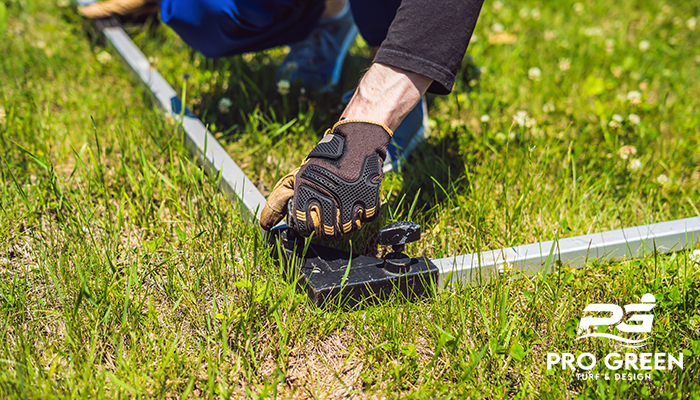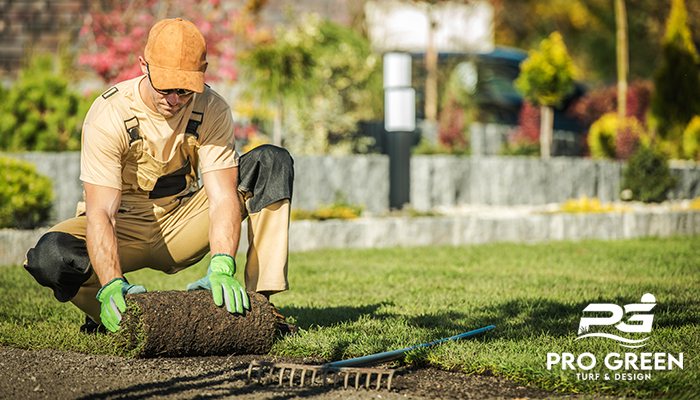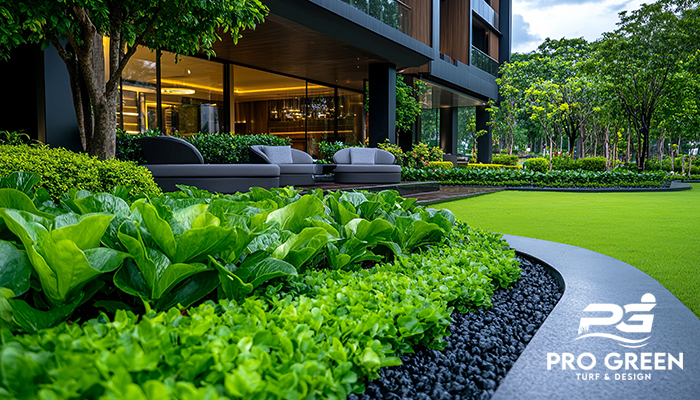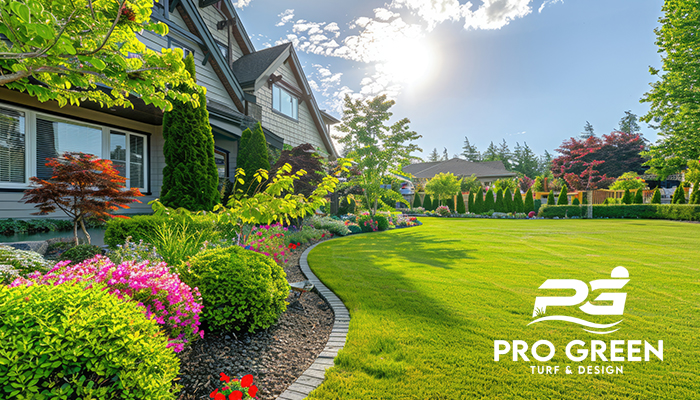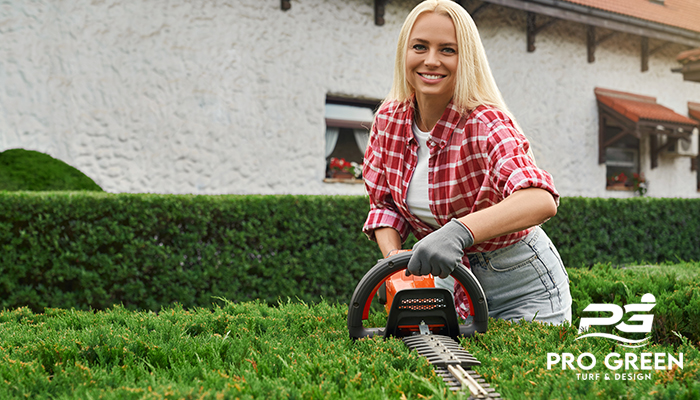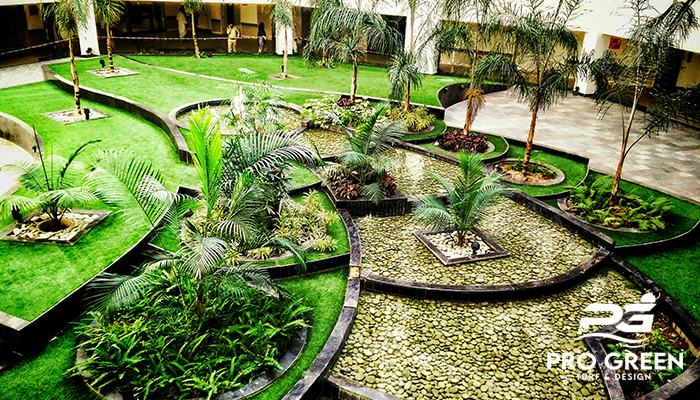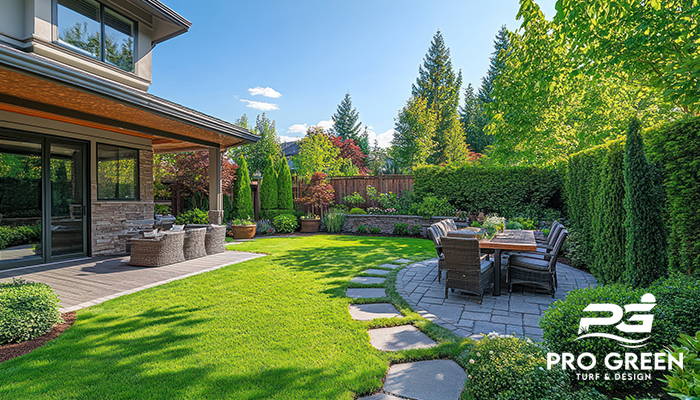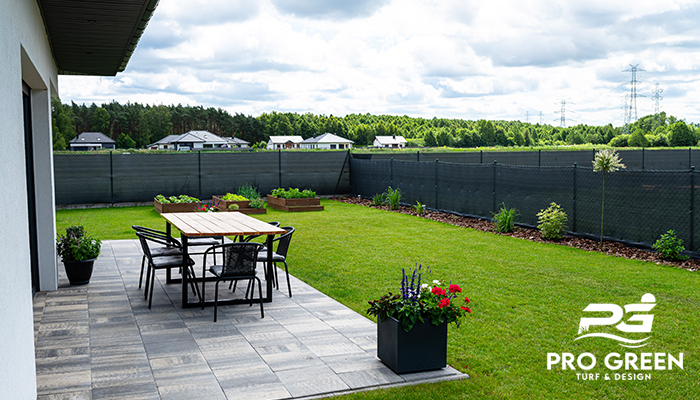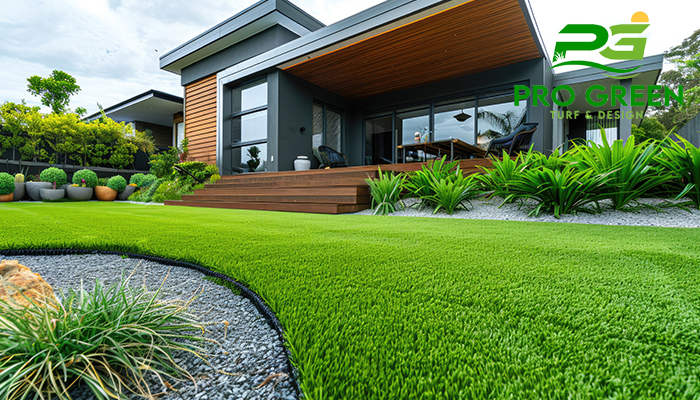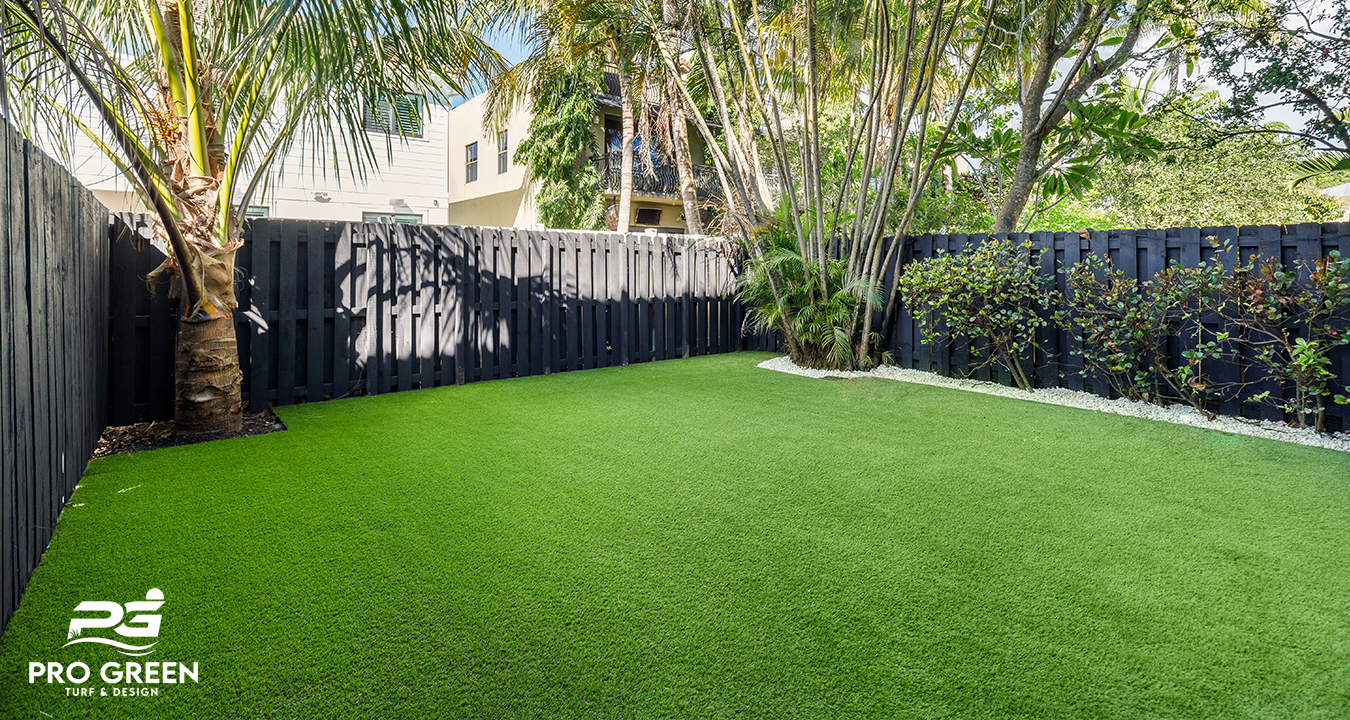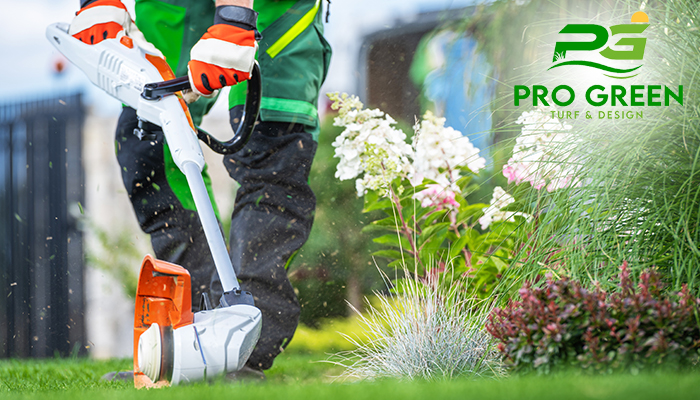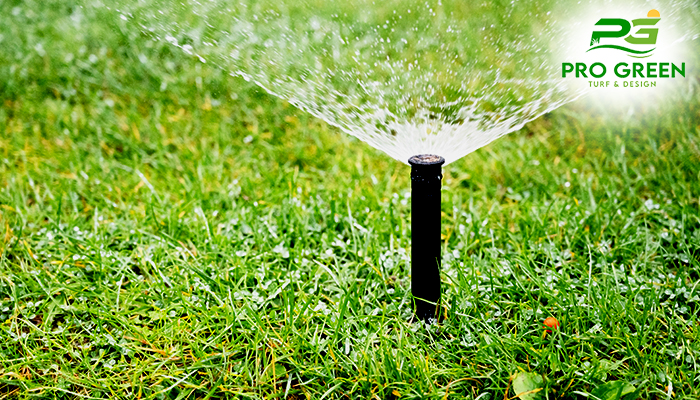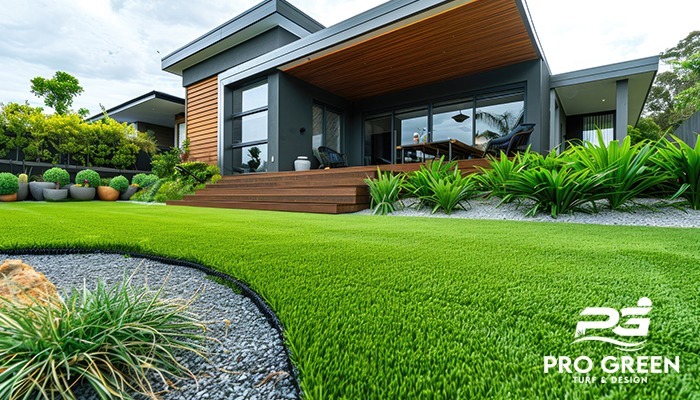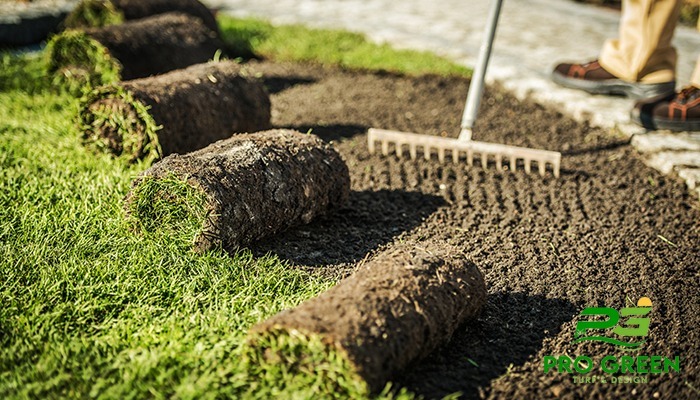
Aug 31, 2024
Retaining Walls- A Versatile Solution for Landscaping and Property Management
Retaining walls, structures designed to hold back soil or other materials on sloping terrain, offer a versatile solution for enhancing both the functionality and aesthetic appeal of properties. They are widely used in landscaping, construction, and civil engineering projects to create level surfaces, prevent erosion, and improve the overall appearance of a property.
Various types of retaining walls exist, each with its unique characteristics and applications. Gravity walls, relying solely on their weight for stability, are often constructed from concrete or masonry blocks. Cantilever walls feature a base that extends into the ground, providing additional stability and making them suitable for residential and commercial landscaping. Anchored walls are secured to the ground using ties or cables, allowing for taller and more flexible designs. Gabion walls, made from wire mesh containers filled with stones, offer a natural and durable solution. Sheet pile walls are composed of interlocking metal sheets driven into the ground, providing a strong and flexible barrier.
The benefits of retaining walls are multifaceted. They prevent erosion and landslides, safeguarding property and infrastructure. By creating level surfaces, retaining walls allow for the development of landscaped areas, gardens, patios, or driveways, expanding the usable space on a property. Additionally, retaining walls enhance the aesthetic appeal of a property by adding visual interest and defining boundaries. They can also support structures such as buildings or retaining ponds, ensuring stability and safety.
When selecting a retaining wall, several factors must be considered. The soil conditions on the property will influence the type of wall most suitable. The height of the desired wall will determine the necessary stability and design requirements. Aesthetics play a crucial role in choosing a wall that complements the overall style of the property. Cost is another important factor, as the materials, labour, and maintenance requirements will vary depending on the type of wall. Lastly, proper drainage is essential to prevent water buildup and erosion behind the wall.
By carefully considering these factors and selecting the appropriate type of retaining wall, property owners can significantly enhance the functionality, aesthetics, and value of their property. Retaining walls offer a versatile and beneficial solution for landscaping and property management, providing a range of advantages to suit diverse needs and preferences.

Artificial Turf: A Strategic Investment for Businesses
Artificial turf has emerged as a compelling choice for commercial properties, offering a blend of beauty, practicality, and environmental sustainability. Beyond its aesthetic appeal, artificial turf c...

